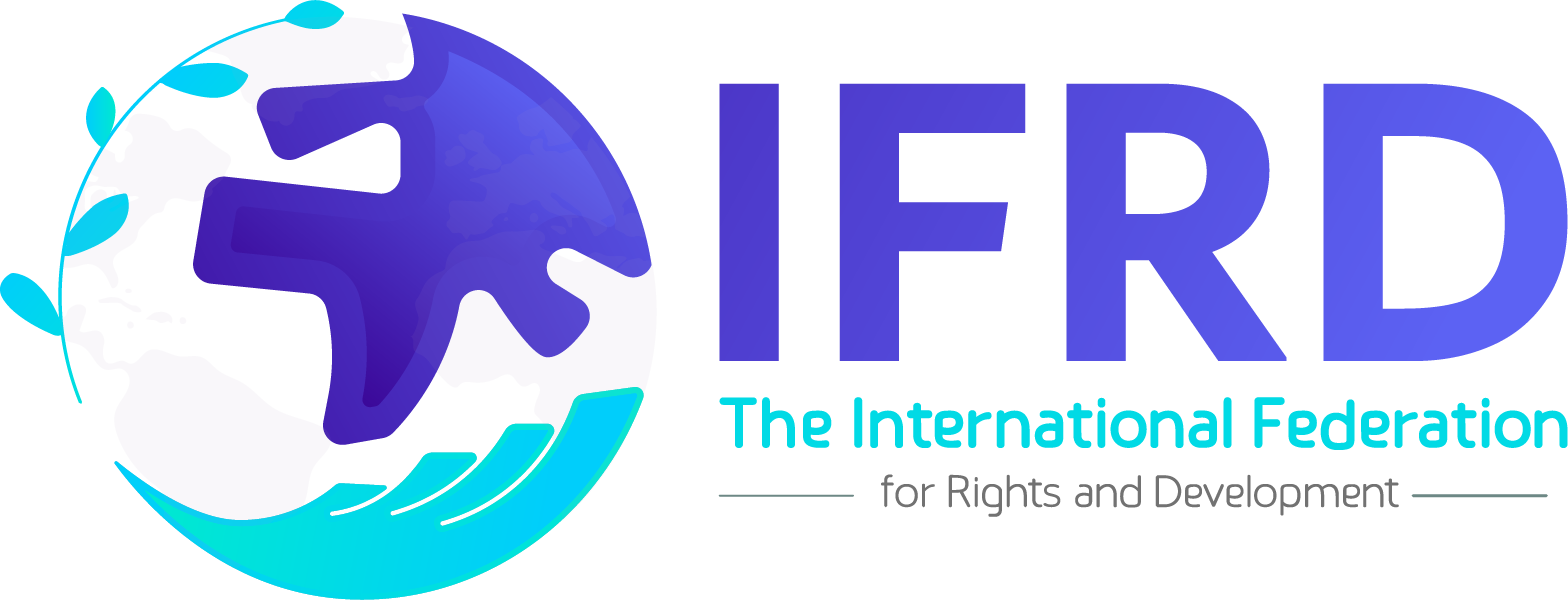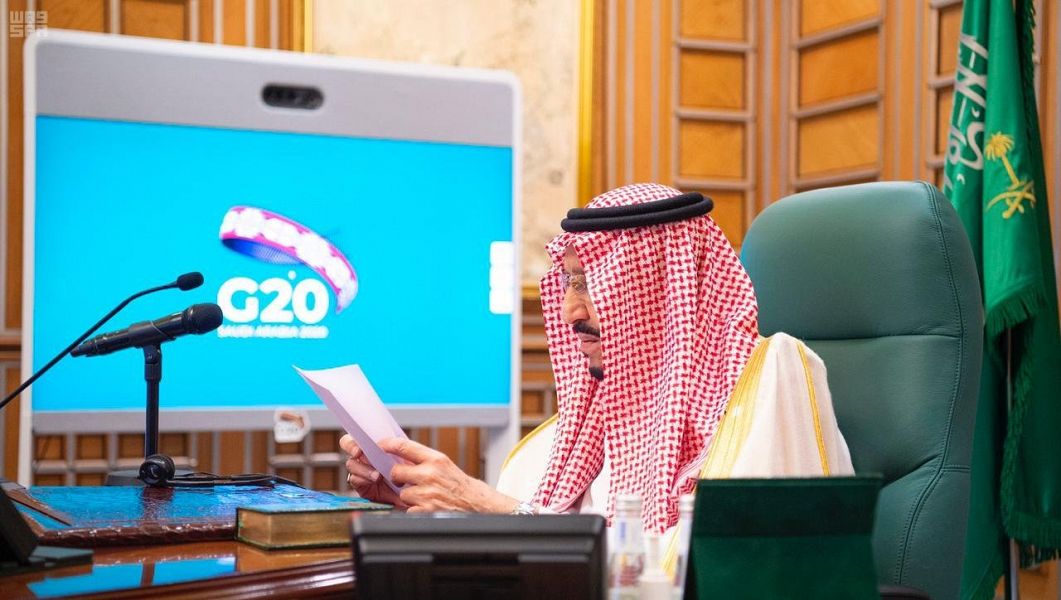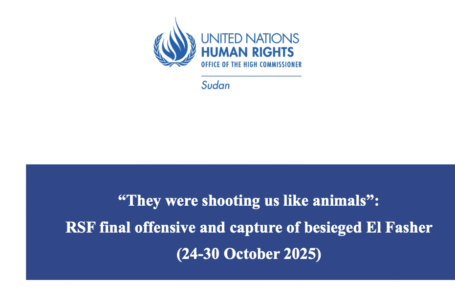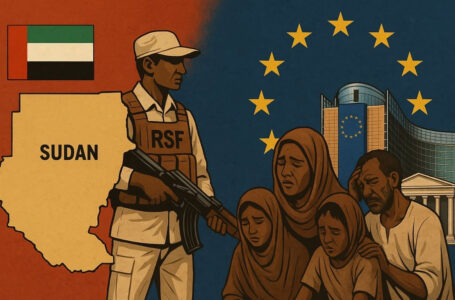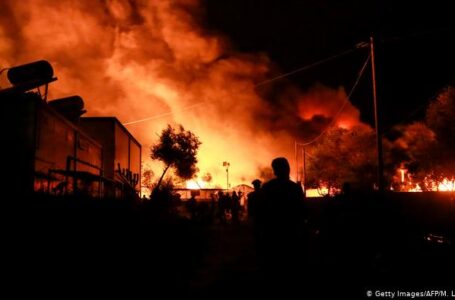2020/282
3/26/2020
Rome – The International Federation for Rights and Development (IFRD) called for the emergency summit of leaders of the Group of 20 nations scheduled online today, Thursday, to present human rights standards on the priorities of economic recovery in combating the outbreak of the Coronavirus (Covid 19) and adopt new policies that advance respect for fundamental human rights.
The Rome-based International Federation said in a press release: “the G20 should rise to the responsibilities of the necessity of joint global cooperation in light of the escalation of the risk crisis facing humanity in the face of the epidemic. Especially in developing countries with limited resources that lack the appropriate material and health capabilities.”
She cautioned that focusing on trying to stave off the dangers of a recession in the global economy against the background of the Coronavirus would perpetuate the inactive state that the plentiful country deals within dealing with the crisis, the lack of real solidarity and the absence of a joint action plan for human solidarity.
The Covid-19 pandemic represents global health and social crisis that requires immediate effective action by governments, individuals and businesses alike based on respect for human rights and the right to life and the necessary treatment without any discrimination.
As the developments were taking place to impose the need to adopt new policies that respect fundamental human rights. This is the main entry point for achieving development and prosperity after the experience has shown that peace and stable development depend on protecting freedoms and human dignity.
Working for human rights, in addition to being a responsibility stemming from international humanitarian law, is in the interest of the major countries that have to make sustainable progress towards the implementation of human rights by supporting the pursuit of national and international policies in the field of economic and social development and the strengthening of international solidarity.
Under that, curbing the further spread of the epidemic and mitigating its effects should be a top priority for heads of state and government, including coordinating political actions between different actors. Governments should commit to making resources available to combat the disease without delay and ensuring the ability of supply chains for medical equipment and other essential commodities to operate. Efficiently across borders.
Consequently, the International Federation urged the leaders of the Group of Twenty to take serious steps to provide immediate assistance to poor and middle-income countries that lack adequate health care, on top of which are the medical supplies to cope with the global epidemic.
An example by highlighting the risks of imposing about 50 countries on export restrictions for medical supplies, especially respirators, which are among the basic requirements for treating people with lung failure. One of the most important complications in patients with the Coronavirus.
Each country needs to protect its citizens and its stockpiles of equipment. The International Federation emphasized that such restrictions at this sensitive time would pose a significant danger to the population of emerging countries as countries scrambled to obtain medical supplies and equipment to fight the virus.
She stated that this level of dealing may constitute a collective threat to humanity and requires the Group of Twenty to search for an essential international mechanism that includes a low customs tariff and the removal of barriers that impede the arrival of medical supplies to all peoples in need in the application of human rights guidelines and the promotion of international solidarity at a hazardous stage.
